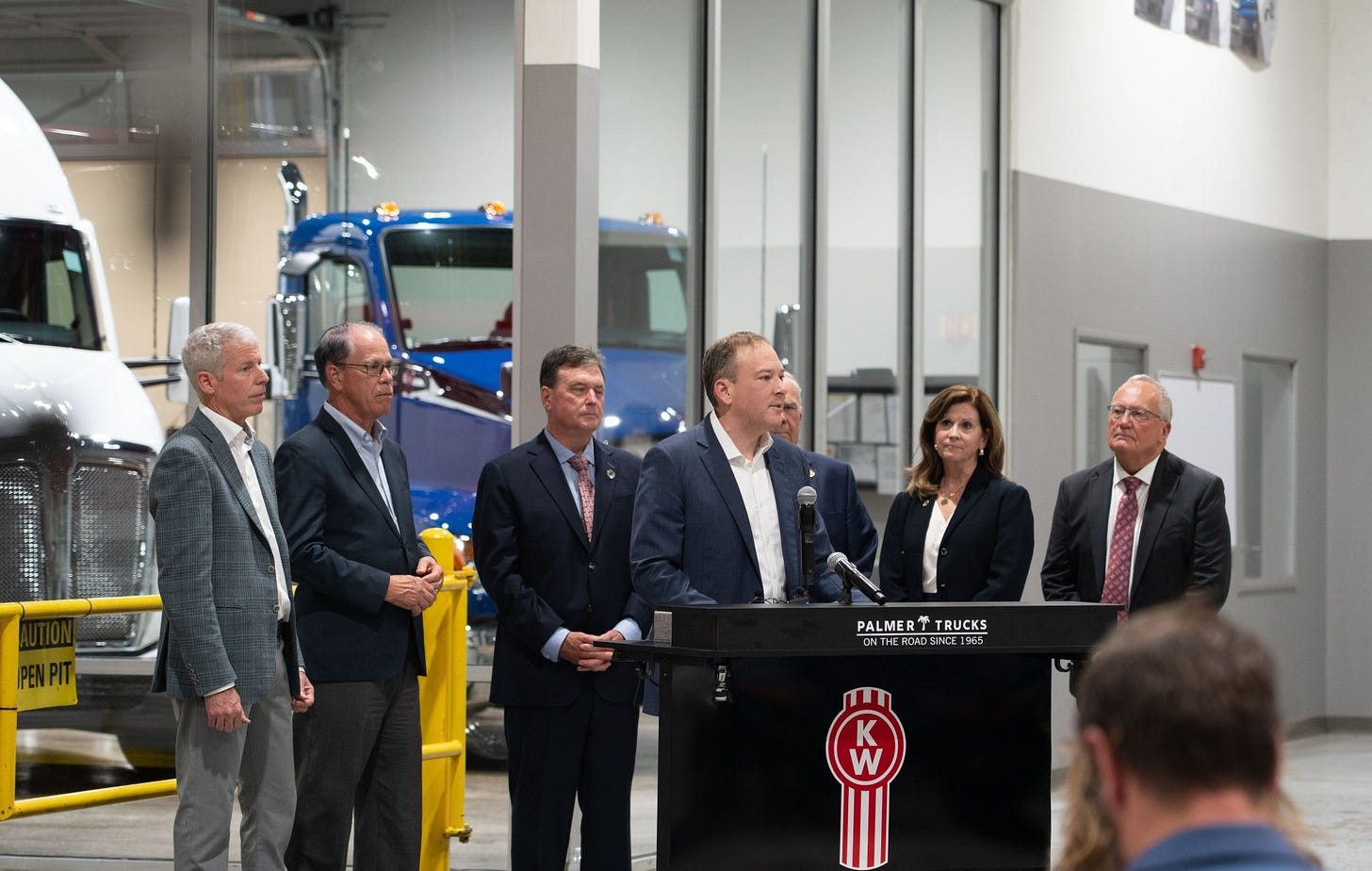Trump's EPA moving to end federal regulation of greenhouse gases
Administor Lee Zeldin just proposed one of the biggest deregulatory moves in U.S. history.

In one of the most sweeping deregulatory actions in U.S. history, the Trump administration is set to end the federal government’s authority to regulate c…



